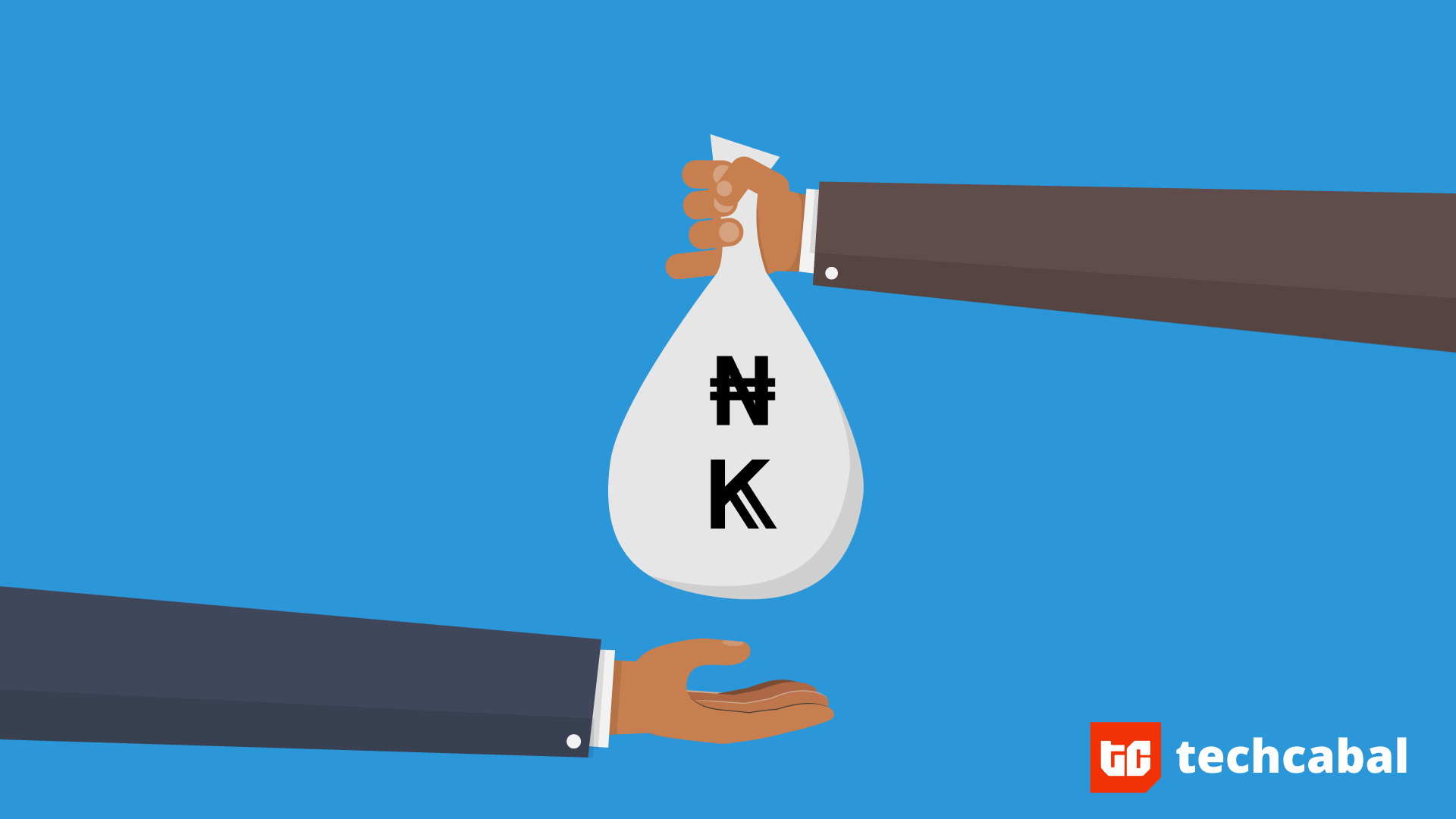Nigeria’s digital lending space has boomed in recent years, filling a gap left by traditional banks. These lenders offer quick, collateral-free loans to individuals and businesses, a lifeline for many Nigerians in a struggling economy.
However, collecting repayments is a significant problem for these lenders. Some digital lenders shame and harass defaulters, creating a tense and harmful environment for borrowers.
It has created a market for ethical collection agencies like BFree—who recently raised $2.95 million in funding—and Mwanga, startups that use phone calls and text messages to remind borrowers of their outstanding balance and the consequences of non-payment. Ethical loan collectors—BFree claims to have upped loan recoveries for their clients by 70%—say they treat borrowers respectfully, even in cases of defaults.
But banking experts doubt the effectiveness of ethical methods, particularly when borrowers face financial hardship.
“There is a significant limit to ethical loan collection in Nigeria, especially for small loans,” said Adedeji Olowe, CEO of Lendsqr. “Lenders are walking a fine line, it’s only at a sizable level that you can manage finance risk. At the bottom, it’s a free for all.”
The underlying economic realities that push borrowers to default in the first place may mean that repayments are impossible no matter the collection method. “Without addressing these issues, ethical collection may not be enough,” said Adedeji Olowe, CEO of Lendsqr.
One expert who asked not to be mentioned believes unethical loan recovery methods could be avoided if digital lenders filter through the behavioral data of their borrowers to know their ability to repay. According to him, borrowers with betting or impulsive buying habits can be screened during the loan underwriting process or before they’re given loans.
While these checks are in place for some digital lenders, ethical collectors might struggle to recover debts because rogue lenders are learning to game the system and exploit loopholes.
For instance, if borrowers know their salaries will be directly debited within 24 hours, they might be tempted to empty their accounts upon receiving their paychecks, hindering repayment, one expert who asked not to be named told TechCabal.
Another challenge posed by ethical loan collection for digital lenders is the cost of outsourcing loan recollection to collection-as-a-service startups. These collection-as-a-service startups charge between 10-35% of the loan amount recovered, which digital lenders account for in their interest rates to lenders, bumping it higher than the average interest rate and possibly deterring borrowers from lending or leading to more loan defaults.
In 2022, the National Information and Technology Development Agency fined Soko Loan ₦10 million for privacy violations, sending a strong message to the industry. While regulatory bodies like NITDA have taken action against unethical loan recovery practices, experts who spoke to TechCabal believe there should be similar consequences for defaulters to make ethical loan collection work in Nigeria.




















